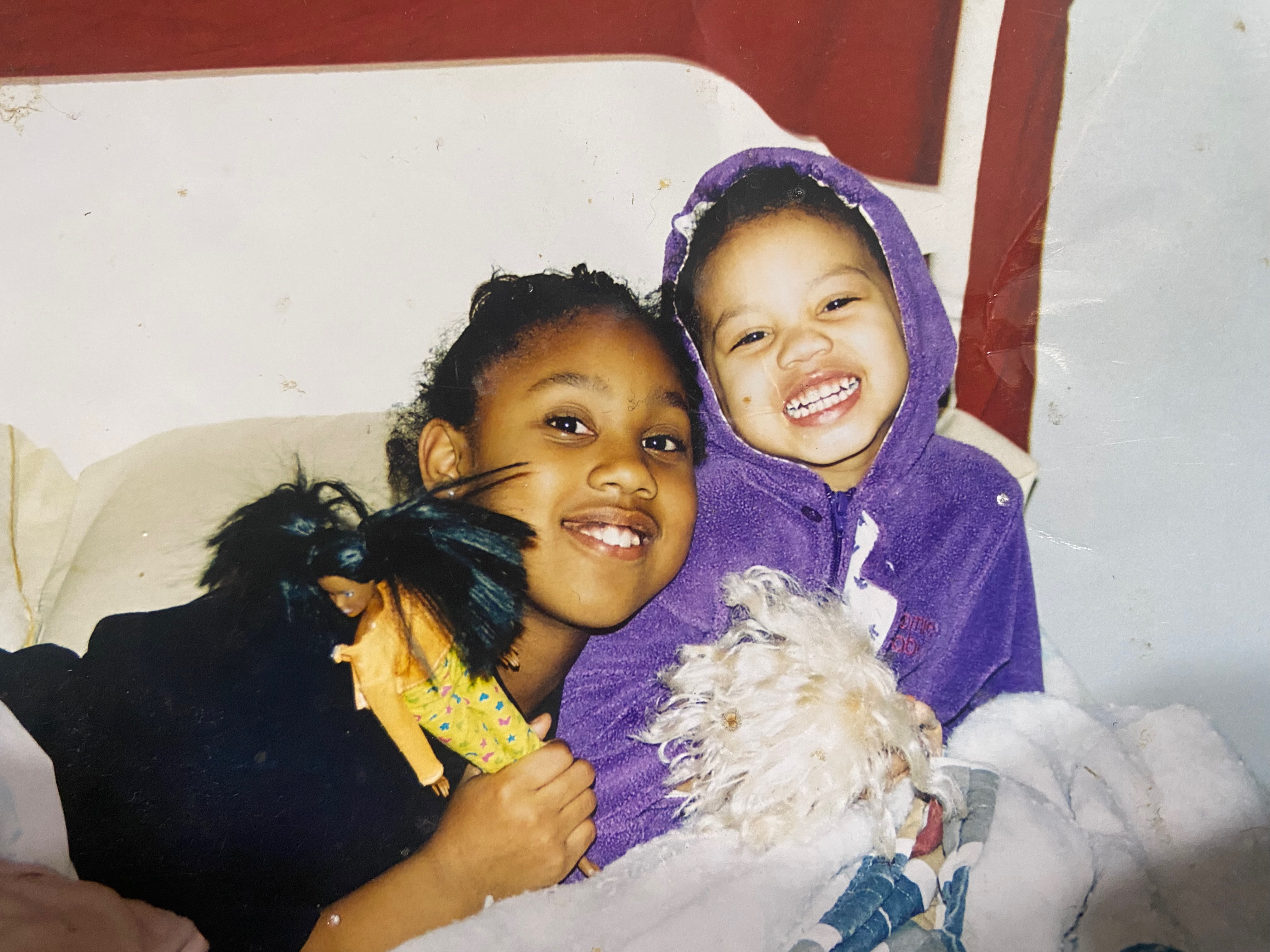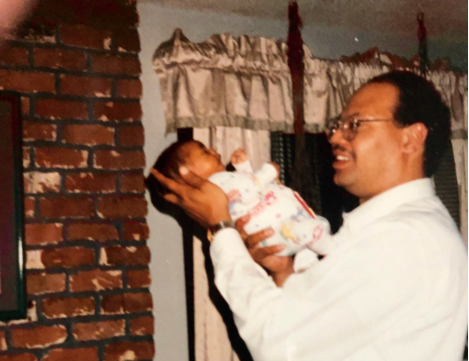“Parents of infants and seniors should see their doctor right away if symptoms are not responding to treatment, to make sure that the illness does not get worse and turn into a case of bronchitis or pneumonia,” said Dr. Albert Arteaga, CEO of LaSalle Medical Associates.
SAN BERNARDINO, CA— Respiratory syncytial virus, better known as RSV, has been spreading rapidly this fall. Both children and adults can easily contract this common illness and since there is no vaccine or drug that combats this infection, it’s important to treat it properly. Also, like the flu or the common cold, you can catch it more than once.
A virus is syncytial when its cells have more than one nucleus, a result of multiple cells fusing together. RSV, per the Centers for Disease Control, is a common respiratory virus and most often causes mild, cold-like symptoms. Most people recover in a week or two. As the CDC has noted, almost all children will have contracted the illness one or more times by the time they are two years old.
That said, as Dr. Albert Arteaga, CEO of LaSalle Medical Associates, said, “Sometimes RSV can have serious outcomes, especially in children less than one year old, senior citizens and immuno-compromised people.” Serious consequences may include the onset of bronchitis or even pneumonia.
RSV’s symptoms include runny nose, loss of appetite, coughing, sneezing, fever, and wheezing. In most cases, these symptoms show up in stages, rather than all at once. In very young infants, “the only symptoms may be irritability, decreased activity, and breathing difficulties,” per the CDC.
RSV’s symptoms include runny nose, loss of appetite, coughing, sneezing, fever, and wheezing. In most cases, these symptoms show up in stages, rather than all at once. In very young infants, “the only symptoms may be irritability, decreased activity, and breathing difficulties,” per the CDC.
No vaccine currently exists for RSV, although research to develop one is ongoing. Since there’s no readily available cure, there are three steps to take to treat the infection.
One, use over-the-counter fever reducers and pain relievers like acetaminophen or ibuprofen. Never give aspirin to children, as it could result in the child developing Reye’s syndrome, a disease that may cause seizures, coma and even death.
Two, make sure the patient drinks plenty of fluids and stays properly hydrated.
Three, and this is especially advisable, talk to your doctor before giving your child nonprescription cold remedies. Some over-the-counter medicines that are fine for adults may contain ingredients that should not be given to children.
“Parents of infants and seniors should see their doctor right away if symptoms are not responding to treatment, to make sure that the illness does not get worse and turn into a case of bronchitis or pneumonia,” said Dr. Arteaga.
For more information about LaSalle Medical Associates, Inc. call (855) 349-6019 or go online to LaSalleMedical.com.
About LaSalle Medical Associates
LaSalle Medical Associates, Inc. is one of the largest independent and Latino-owned healthcare companies in Riverside and San Bernardino Counties. The corporate office is in Redlands.
LaSalle operates six clinics employing more than 100 dedicated healthcare professionals, treating children, adults and seniors in San Bernardino and Riverside counties. LaSalle’s patients are primarily served by Medi-Cal and Healthy Families. LaSalle also accepts Blue Cross, Blue Shield, Molina, Care 1st, Health Net, and Inland Empire Health Plan (IEHP) coverage.
LaSalle is also an Independent Practice Association (IPA) of independently contracted doctors, hospitals, and clinics, delivering high quality patient care to more than 1,100,000 patients in Fresno, Kings, Los Angeles, Madera, Riverside, San Bernardino, San Joaquin, and Tulare counties.
 Westside Story Newspaper – Online The News of The Empire – Sharing the Quest for Excellence
Westside Story Newspaper – Online The News of The Empire – Sharing the Quest for Excellence






